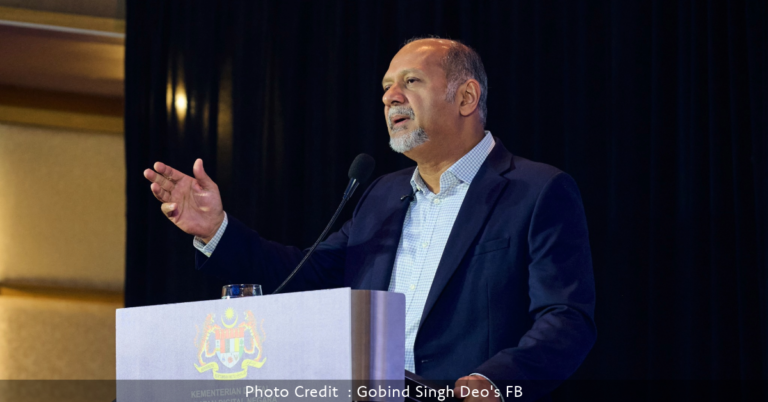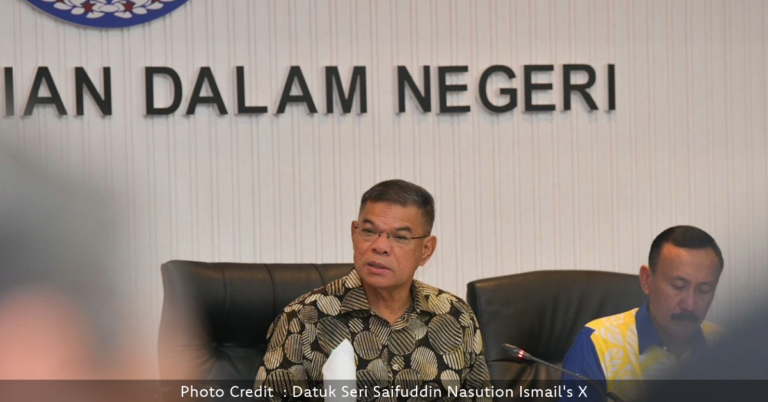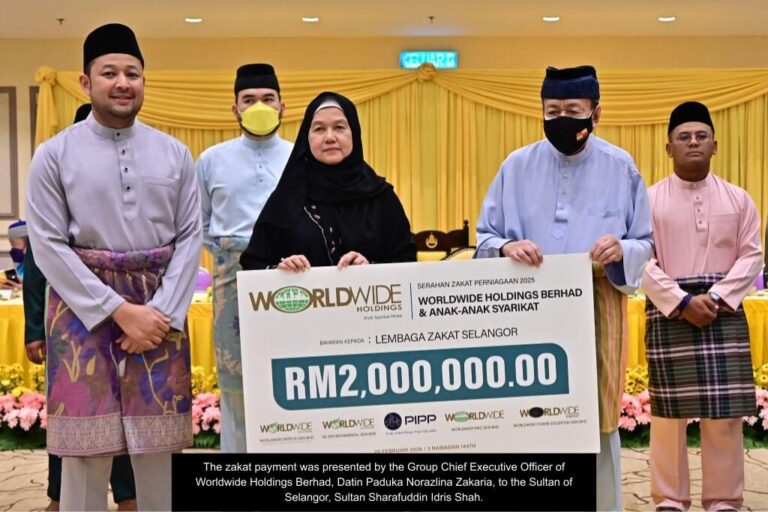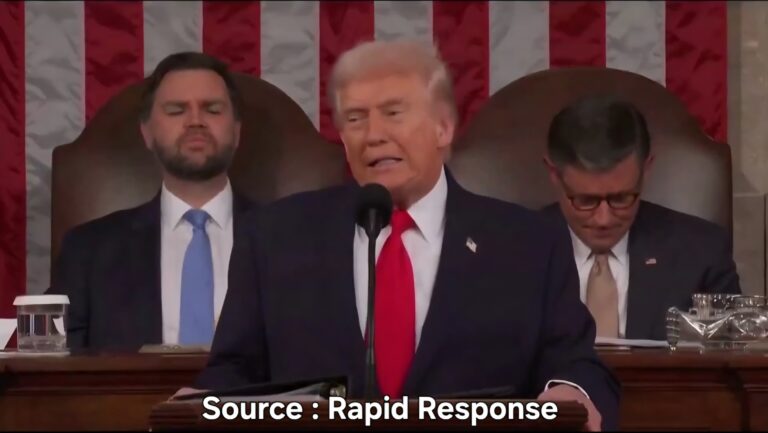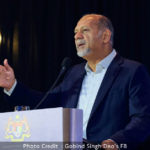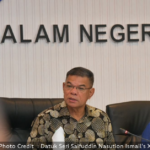
CHENGDU & HANGZHOU, June 12, 2025 — Malaysia’s Minister of Science, Technology, and Innovation, Chang Lih Kang, wrapped up a productive working visit to Chengdu and Hangzhou, China, from June 10-14, aimed at bolstering science, technology, and innovation (STI) collaboration. The visit included attending the 2nd Belt and Road Conference on Science and Technology Exchange (BRST) and forging partnerships with key Chinese institutions.

Held in Chengdu on June 11, the BRST, themed “Together for Innovation, Development for All,” served as a platform for technology exchange and policy coordination among Belt and Road Initiative (BRI) nations.

Chang emphasized the significance of Malaysia-China diplomatic ties and the BRI’s role in driving scientific collaboration, digitalization, and sustainable development through advancements in AI, quantum computing, biotechnology, and green technology.
“Malaysia and China share a robust 50-year partnership, with China as our top trading partner for 16 consecutive years since 2009,” Chang said. “We’re ready to co-develop high-tech solutions, strengthen cross-border innovation ecosystems, and nurture future talent.”
The visit builds on recent high-level engagements, including Chinese President Xi Jinping’s trip to Malaysia in April 2025 and Premier Li Qiang’s visit in May. At the 2nd Belt and Road Ministerial Meeting on STI, Chang proposed a research consortium focusing on AI, blockchain, digital economy integration, and green energy transitions, signaling Malaysia’s commitment to BRI collaboration.
In Chengdu, the minister visited the Southwest Institute of Physics (SWIP) to explore nuclear fusion technology’s potential for Malaysia’s sustainable energy future. In Hangzhou, a bilateral meeting with China’s Science and Technology Minister, Yin Hejun, advanced joint initiatives, including:
- Malaysia-China Joint Research Program: Six co-funded projects in energy storage, human vaccines, space technology, AI, blockchain, and advanced materials.
- Malaysia-China Expertise Exchange: A six-month exchange of 20 STI experts (10 from each country) across government, research institutes, and universities.
- Malaysia-China Joint Laboratory Program: Established via an MoU during Xi Jinping’s April visit, this platform links academia and industry for research, development, and commercialization in AI, blockchain, biotechnology, advanced materials, and renewable energy.
Chang also visited Zhejiang University, BrainCo, and Deep Robotics in Hangzhou. Discussions with Zhejiang University focused on its participation in the Joint Laboratory Program for AI and blockchain innovation. The visits to BrainCo and Deep Robotics aligned with Malaysia’s National Robotics Roadmap 2021-2030, exploring advancements in robotics.
As ASEAN Chair in 2025, Malaysia aims to leverage these partnerships to boost national and regional economic growth, cementing its role as a global STI player.





